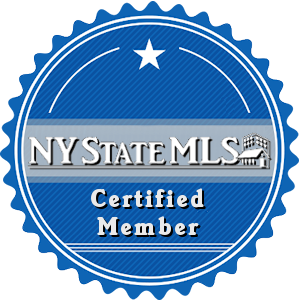New York Cooperative and Condominium Privacy Concerns

Cooperative and condominium boards are privy to a vast amount of confidential personal and financial information concerning their shareholders and unit owners. A typical cooperative and condominium application requires copies of the buyer’s bank statements, tax returns, photo identification, employment verification, and more.1 Most would probably assume that the information collected by your cooperative or condominium boards is kept confidential. Unfortunately, this may not be the case under New York law. New York does not recognize common law claims for invasion of privacy.2 Invasion of privacy is a “tort based in common law allowing an aggrieved party to bring a lawsuit against an individual who unlawfully intrudes into his or her private affairs, discloses his or her private information, publicizes him or her in a false light, or appropriates his or her name for personal gain.”3 Instead, privacy claims in New York are governed by sections 50-51 of New York Civil Rights Law, which prohibits the use of name or likeness of a living person for purposes of trade or advertising without that person’s consent.4 Information held by cooperative and condominium boards technically do not have to be kept confidential because sections 50-51 of New York Civil Rights Law does not prevent the disclosure of personal information. As a result, there is a glaring lack of case law regarding cooperative and condominium boards and disclosure of confidential information. However, there is case law regarding the disclosure of confidential information and defamation.

Doormen help create a sense of safety for residences of cooperatives and condominiums
(Source: New York Post)
In Galanova v. Safir, a plaintiff brought a defamation lawsuit against her cooperative and its board members for defamation because they distributed two emails asserting that she was in arrears on her maintenance payments and posted a flyer in the building’s lobby listing her apartment number and the alleged amount of her arrears.5 The court granted summary judgment in favor of the cooperative and board members. It held that these communications concerning plaintiff’s alleged arrears were protected by a common interest privilege.6 Common interest privilege extends to a “communication made by one person to another upon a subject in which both have an interest.”7 In this case the emails and flyers were shared with other members of the cooperative who have an interest in the cooperative overall. To overcome the common interest privilege, the plaintiff had to raise a triable issue of fact as to whether the e-mails and the flyers were motivated solely by malice, which she failed to do.8 The Galanova case somewhat demonstrates how cooperative and condominium boards have broad discretion in sharing information with other members of the cooperative or condominium.
Many NYC cooperatives and condominiums offer amenities like gymnasiums and more
(Source: City Realty)
Overall, New York law does not seem to offer much protection for personal information shared with cooperatives and condominiums. This lack of protection is concerning because boards require that shareholders and applicants disclose certain confidential personal information. Hopefully, new legislation or litigation will come forward to offer more protection for shareholders and unit owners soon. Until then, shareholders and unit owners put their privacy at risk when they decide to live in a cooperative or condominium.Tags: condominium, cooperative, defamation, privacy, privacy rights, real estate


